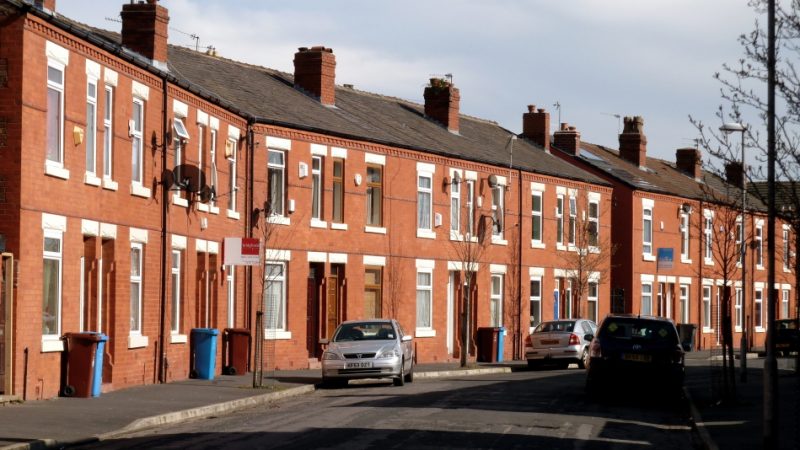A recent report found UK housing the 'worse value for money’ of any advanced economy

Recent analysis by the Resolution Foundation found UK housing to be the worst value for money of any advanced economy meaning Brits are being forced to pay much more for much less.
Soaring rents and a lack of social housing while prices rise and wages remain stagnant has seen a housing crisis develop over a decade in the making.
Last week, figures from the Office for National Statistics showed the average monthly rent paid by tenants in the UK rose by 9% in the year, the highest since records began, and well above the rate of wage increases for most people.
Average monthly rents in England hit £1,276, while the UK’s highest average rent could be found unsurprisingly in London at an eye-watering £2,035 per month. However wages are failing to keep up with the spike in housing costs, with median monthly pay for UK workers at £2,250 a month reflecting a discrepancy in affordability.
London Renters Union said that “extortionate housing” plays a “massive role” in the huge number of people currently experiencing absolute poverty in the UK – nearly a fifth of the population.
Poverty has been increasing under this government as recent figures found the UK has seen the biggest rise in absolute poverty for 30 years, to 12 million people in 2022-23.
It comes amid what campaign group Generation Rent has called an affordability crisis as renters have been left stretched to the limits of what they can pay, while the government’s failure to increase social housing has pushed people into the private rented sector and therefore into high costs beyond their means.
Housing charity Crisis said the number of social housing fell by 120,000 between 2012 and 2016, while last year it was revealed that forty councils in England had built no social housing at all for five years due to government cuts.
Speaking on BBC Newsnight this week, one audience member from Cambridge City Food Bank spoke up to stress that new social housing was desperately needed in his area, as high rent was one of the reasons why “so many more people are having to use our food bank”.
A report by the Joseph Rowntree Foundation (JRF) highlighted that policy makers need to ‘pay closer attention’ to links between housing and poverty and said that efforts to reduce poverty should include limiting rent costs, maintaining good housing conditions and monitoring the impact of welfare reform cuts.
People in ‘housing cost induced poverty’ – not poor before housing costs but poor once they are taken into account – had gone up over the past two decades, the report said, and highlighted how the housing system can act as a buffer against the effects of poverty.
Research by the Resolution Foundation also found Britain’s homes to be the oldest of all European countries making them more prone to damp and higher energy bills due to poor insulation, exacerbating fuel poverty in the UK.
Greenpeace campaigners recently attacked the Tory government for failing to address the cold homes ‘national scandal’, after it was estimated more than 70,000 people have died as a result of cold and damp houses since 2013.
Addressing poor quality, high costs and low security in housing through rent control schemes and more public housing have been stressed as ways to also tackle the disturbing rise of poverty in the UK.
Hannah Davenport is news reporter at Left Foot Forward, focusing on trade unions and environmental issues
To reach hundreds of thousands of new readers we need to grow our donor base substantially.
That's why in 2024, we are seeking to generate 150 additional regular donors to support Left Foot Forward's work.
We still need another 117 people to donate to hit the target. You can help. Donate today.



